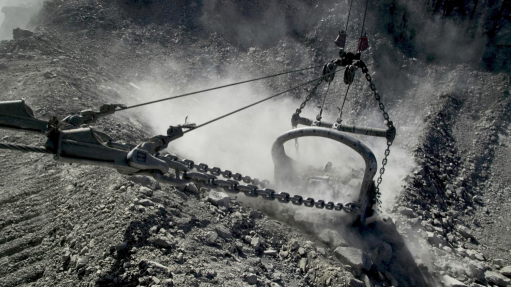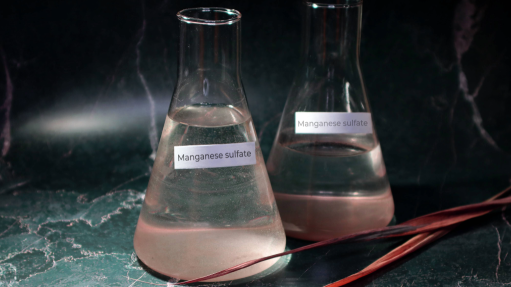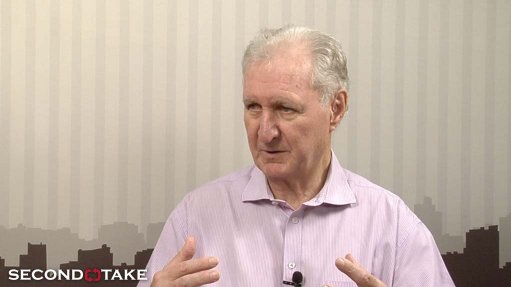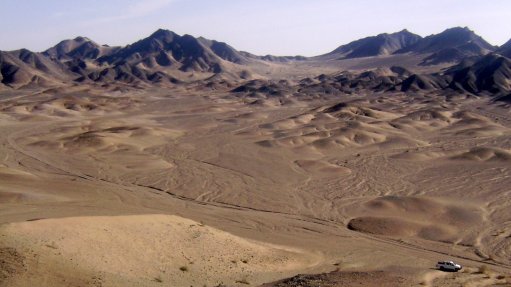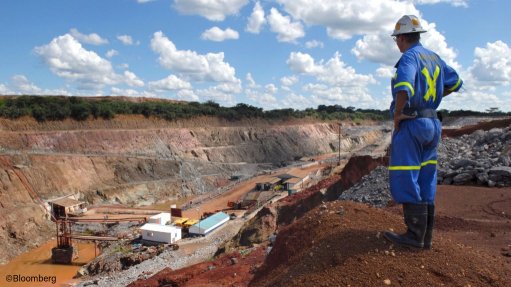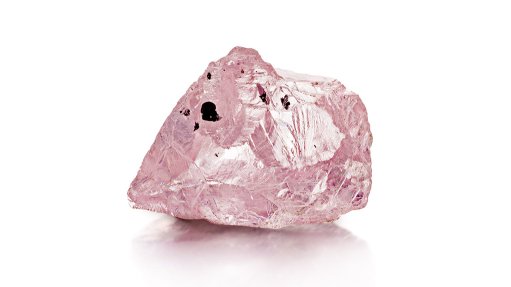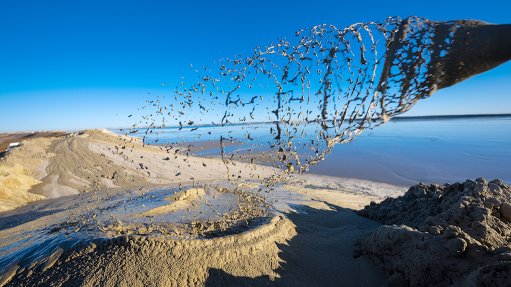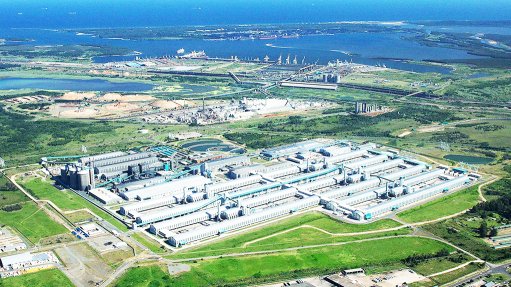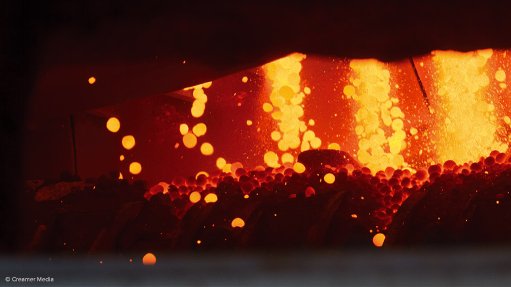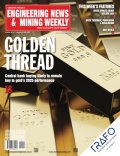Some US companies still failing to meet conflict minerals rules, GAO says
NAIROBI - Some US companies buying minerals from countries including the Democratic Republic of Congo and its eastern neighbours are still failing to properly authenticate that the metals don't come from conflict zones, the US Government Accountability Office (GAO) said in a report.
A number of companies sourcing minerals such as tin, tungsten, tantalum and gold are also failing to meet disclosure requirements with the US Securities and Exchange Commission (SEC) on their activities, GAO said in its analysis.
US-listed companies are obliged to inform the SEC and investors that minerals entering the global supply chain aren't from mines that use child labour and fund armed groups.
Due diligence to check if the minerals originate from conflict zones could be done using supplier surveys, smelter and refinery audits as well as traceability methods.
Some companies are facing challenges conducting due diligence and while some reports go beyond SEC rules, there are others that don't file reports at all, GAO said.
This is mostly due to "difficulties getting needed information because of lack of access to suppliers and complex supply chains," GAO added.
"Some industry stakeholders noted that other companies may be reporting incomplete information, or not filing at all because of a perception that they are unlikely to face enforcement action by the SEC if they do not comply with the conflict minerals disclosure requirements."
Global manufacturers are under pressure to show that metals used in products such as laptops, video game consoles or battery electric vehicles are sourced responsibly.
The U.S. law requires listed companies to disclose whether their products contained tantalum, tin, tungsten or gold from Congo and its east African neighbours because of the role the minerals play in fuelling conflicts in the region.
An estimated 53% of companies that conducted due diligence last year "ultimately could not determine whether any of the conflict minerals used in their products may have originated in covered countries", the GAO report said.
"We also found that an estimated 35% of companies reported that their minerals may have originated in covered countries," it added
Comments
Press Office
Announcements
What's On
Subscribe to improve your user experience...
Option 1 (equivalent of R125 a month):
Receive a weekly copy of Creamer Media's Engineering News & Mining Weekly magazine
(print copy for those in South Africa and e-magazine for those outside of South Africa)
Receive daily email newsletters
Access to full search results
Access archive of magazine back copies
Access to Projects in Progress
Access to ONE Research Report of your choice in PDF format
Option 2 (equivalent of R375 a month):
All benefits from Option 1
PLUS
Access to Creamer Media's Research Channel Africa for ALL Research Reports, in PDF format, on various industrial and mining sectors
including Electricity; Water; Energy Transition; Hydrogen; Roads, Rail and Ports; Coal; Gold; Platinum; Battery Metals; etc.
Already a subscriber?
Forgotten your password?
Receive weekly copy of Creamer Media's Engineering News & Mining Weekly magazine (print copy for those in South Africa and e-magazine for those outside of South Africa)
➕
Recieve daily email newsletters
➕
Access to full search results
➕
Access archive of magazine back copies
➕
Access to Projects in Progress
➕
Access to ONE Research Report of your choice in PDF format
RESEARCH CHANNEL AFRICA
R4500 (equivalent of R375 a month)
SUBSCRIBEAll benefits from Option 1
➕
Access to Creamer Media's Research Channel Africa for ALL Research Reports on various industrial and mining sectors, in PDF format, including on:
Electricity
➕
Water
➕
Energy Transition
➕
Hydrogen
➕
Roads, Rail and Ports
➕
Coal
➕
Gold
➕
Platinum
➕
Battery Metals
➕
etc.
Receive all benefits from Option 1 or Option 2 delivered to numerous people at your company
➕
Multiple User names and Passwords for simultaneous log-ins
➕
Intranet integration access to all in your organisation






